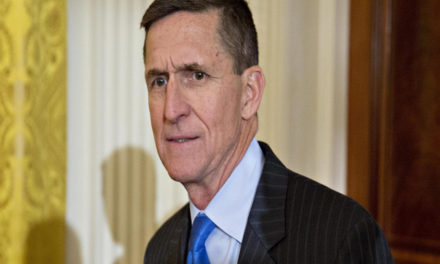What are we doing and where are we going. Nearly everyone I talk to are worried about these two questions regarding the direction of our country. The answer most of the time it seems is we don’t know and we don’t know. This is not a good place to be. Much uncertainty is present right now in our country and it makes it very difficult to plan for the future. One blog can’t capture all of issues that we are facing so I will start this series with a blog about energy.
Energy is the foundation of any nation. This is where it all starts, no matter what you are talking about because energy touches everything in all societies. The more advanced a society the more energy it consumes and he opposite of course for the less advanced. Stop reading a bit and just look around the room where you are and look at all the things that are there that have to be produced from something. Everything you see requires some form of energy to be produced so it will be useful for you. Everything you have was brought from somewhere and that required energy.
By far, fossil fuels provides the fuel for most of the world’s energy production. Coal and oil propelled the world to where we are today; like it or not. Early on these fuels were not used efficiently causing some serious environmental issues especially in areas where production of electricity and other large scale manufacturing took place. The primary fuel in the beginning was coal and these coal fired facilities were very bad polluters. Then came oil and all of its components and combined with coal fueled the world’s industrial revolution.
When burning fossil fuels to produce energy, carbon dioxide is emitted into the atmosphere. There is no doubt that the world’s part per million carbon dioxide concentration in the atmosphere has increased due to using fossil fuels for energy production.
The crucial question is the increase in carbon dioxide the cause for what is being called climate change? In one camp you have scientist that are adamant that the increase in CO2 is the cause and in the other camp you have scientist that say the earth has been through this scenario many times in its 4 billion year history. If you read both sides of this argument they both seem credible. The people publishing these studies are intelligent and have done their research.
Alleged climate change either manmade or naturally occurring affects the whole world; therefore it should be solved by the entire world and therein lies the problem. Communist countries like China and Russia are not being held to the same expectations to reduce CO2 emissions as countries in the EU and the U.S. Even if China and Russia were held to the same expectations there is no way to enforce these expectations. Developing nations such as India, Mexico, Bolivia, and many other developing nations are also not expected to participate in CO2 reductions.
Giving China, Russia, and India lower expectations on reductions gives these countries a competitive advantage over all other countries held to a higher standard. China, Russia, and India will all have lower manufacturing costs due to not converting to renewable energy sources and not installing technology to lower emissions. This will cause more and more goods to be produced in these countries and not in countries being held to a higher standard. This will lead to job losses and a slower economy for countries held to the higher standard. As I have written before, multi-national companies that have the ability to move their production lines to lower their costs will do so to increase their profits and pay dividends to people who invest in them by purchasing their stock.
Any reduction in CO2 emissions that are achieved in countries that are held to a more stringent standard will be hugely overcome by the increase in production in countries not subject to the higher standards. So, there will be no decrease in CO2 emissions and maybe even an increase.
Another reality that you might as well accept is that fossil fuels are not going away anytime soon.
So what are we supposed to do; nothing?
Well, there are things that can be done to level the playing field but it won’t be free but at least it will be fair.
Here we go.
World standards must be established that determine what amount of CO2 emissions are acceptable for some of the major contributors of CO2. Then an international agency must be formed and allowed to verify the CO2 emissions from major industries across the globe.
For instance what amount of CO2 is acceptable for the production of 1 megawatt of electricity?
What amount of CO2 is acceptable for the production of 1 ton of steel?
What amount of CO2 is acceptable for the production of 1 ton of copper?
What amount of CO2 is acceptable for the production of 1 ton of aluminum?
What amount of CO2 is acceptable for the production of 1 ton of fertilizer?
What amount of CO2 is acceptable for the production of 1 ton of concrete?
Oh and by the way, the answer is not zero because fossil fuels will still have to be used to produce these things for the foreseeable future.
Countries that exceed the CO2 limits for the production of materials shall be tariffed by the percent they exceed those limits. For instance, if China exceeds the limits by 20% in the production of steel then their steel will have a 20% tariff placed on it to whomever they export to. As their emissions drop so will the tariffs.
This will do two things, it will deter companies from relocating production to countries that are not in compliance with CO2 emissions and it will incentivize countries to lower emissions so they can compete with those that do.
Just writing this is easy. Implementing something like this will be difficult; however, if you never get started you never get finished.
The bottom line is the countries that have required their industries to install emission control equipment and emission monitoring systems should not be placed in a position to be at a competitive disadvantage to those countries that have not. Why should countries and their citizens that have tried to do the right thing regarding emissions face economic hardships while those that have not, stay whole?




Recent Comments